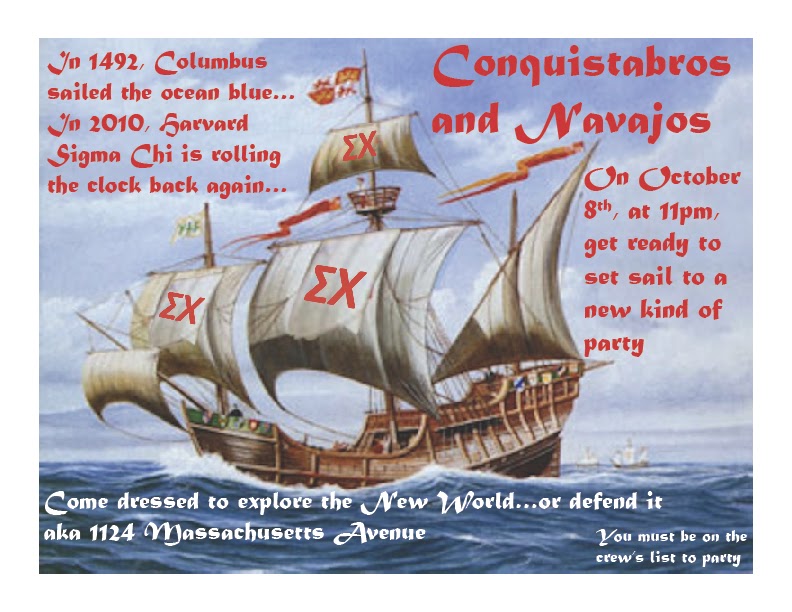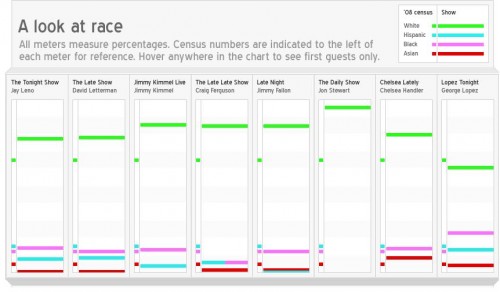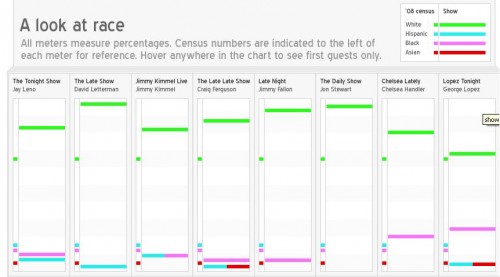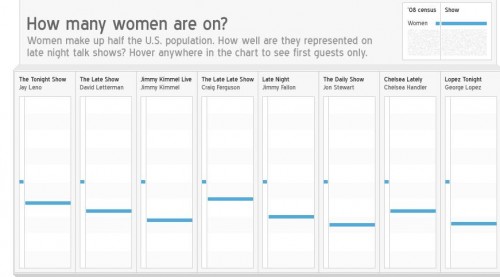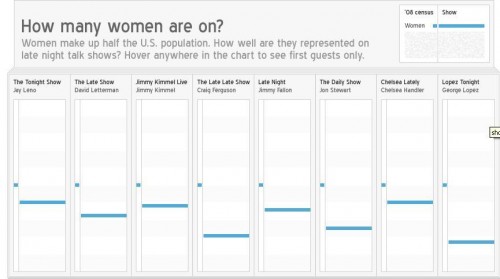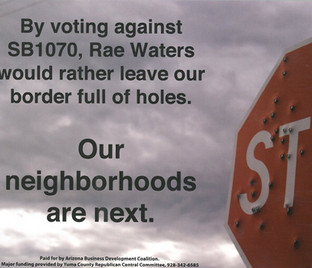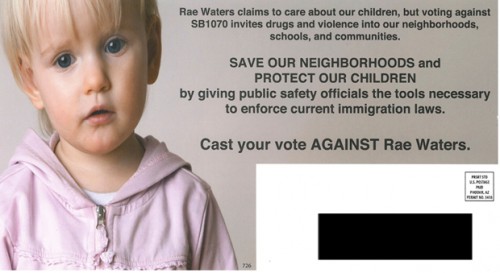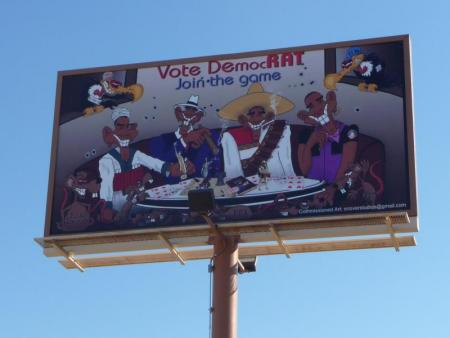
Latoya Petersen at Racialicious highlighted an interesting campaign ad. Funded by Citizens Against Government Waste, it features a future in which China has succeeded the United States as the world’s super power. It is supposed to frighten the reader by forecasting a world in which China rules America (cue ominous music and satisfied evil chuckling).
What is interesting to me is the assumption that drives the commercial: that the U.S. should be a super power, that it is naturally so (so long as it sticks to its founding principles), and that it would be wrong for China to be more powerful than the U.S. The idea that self-satisfied Asian people would be in charge adds racist oomph to the threat.
Lisa Wade, PhD is an Associate Professor at Tulane University. She is the author of American Hookup, a book about college sexual culture; a textbook about gender; and a forthcoming introductory text: Terrible Magnificent Sociology. You can follow her on Twitter and Instagram.

